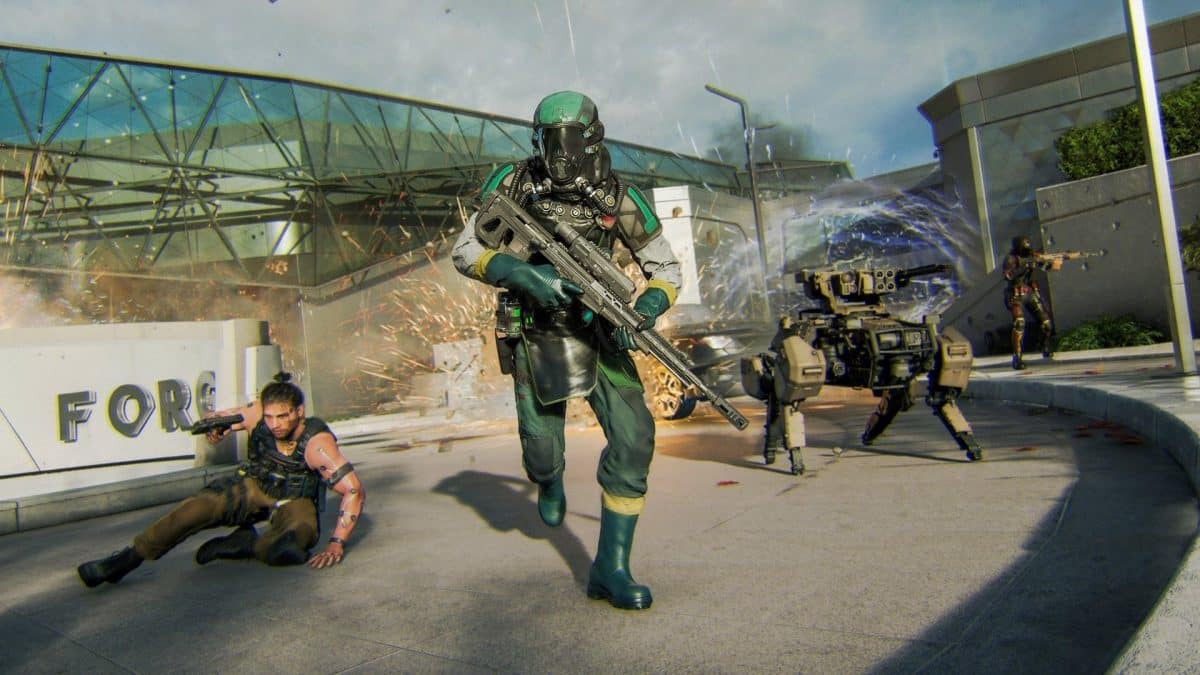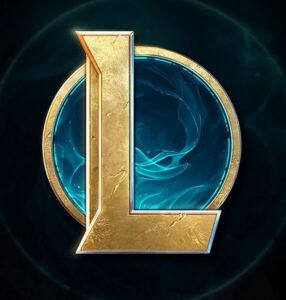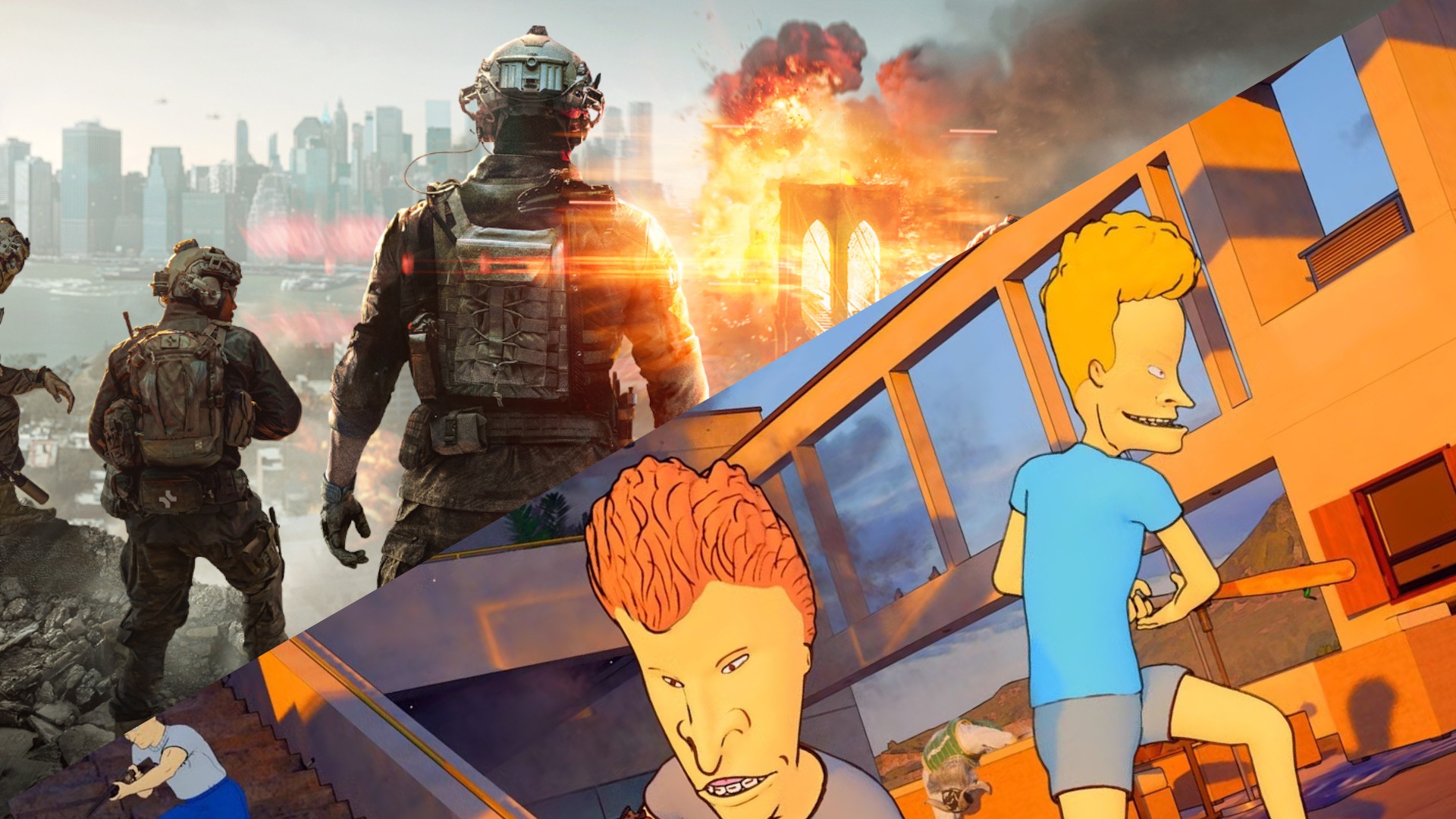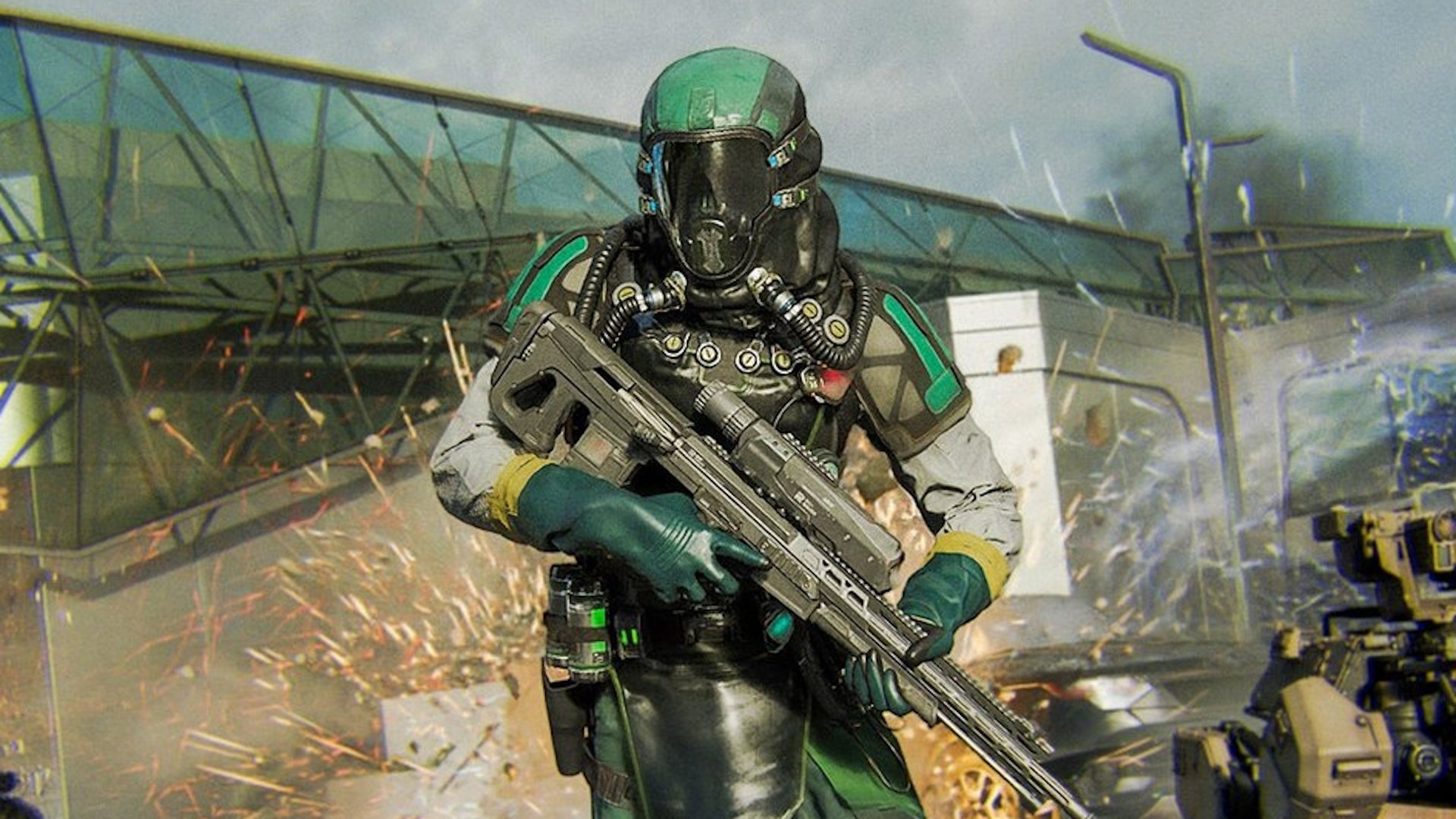The Shifting Sands of War: How Battlefield 6’s Momentum Overshadowed Call of Duty’s Black Ops 7 Reveal
Popular Now
 PUBG Mobile
PUBG Mobile
 FIFA 23
FIFA 23
 Gacha Club
Gacha Club
 Warframe
Warframe
 Candy Crush Saga
Candy Crush Saga
 Roblox
Roblox
 Valorant
Valorant
 Grand Theft Auto V
Grand Theft Auto V
 R.E.P.O
R.E.P.O
 Rust
Rust  In the highly competitive world of military shooters, the annual showdown between Battlefield and Call of Duty is a ritual. For years, Call of Duty has been the undisputed king, a commercial juggernaut that has reliably dominated sales charts and cultural conversation. However, the recent reveals for both franchises have signaled a seismic shift. While the full reveal of Call of Duty: Black Ops 7 at Gamescom was a highly anticipated event, a boundless excitement for Battlefield 6 had already been building, looming large over its rival’s debut. The community’s response, from social media metrics to general sentiment, suggests a fundamental change is afoot: Battlefield is riding a wave of goodwill and hype, while Call of Duty‘s latest offering feels like a disappointing, deflating return to the status quo.
In the highly competitive world of military shooters, the annual showdown between Battlefield and Call of Duty is a ritual. For years, Call of Duty has been the undisputed king, a commercial juggernaut that has reliably dominated sales charts and cultural conversation. However, the recent reveals for both franchises have signaled a seismic shift. While the full reveal of Call of Duty: Black Ops 7 at Gamescom was a highly anticipated event, a boundless excitement for Battlefield 6 had already been building, looming large over its rival’s debut. The community’s response, from social media metrics to general sentiment, suggests a fundamental change is afoot: Battlefield is riding a wave of goodwill and hype, while Call of Duty‘s latest offering feels like a disappointing, deflating return to the status quo.
The sentiment is palpable across all corners of the gaming community. The Battlefield 6 reveal trailer, which launched in late July, was met with overwhelming praise. The video garnered hundreds of thousands of likes and a passionate, engaged comment section, with many fans celebrating the franchise’s apparent return to its roots. The subsequent open beta, which saw over 500,000 players on Steam alone, further solidified this excitement. Players lauded the game’s large-scale combat, a return to the classic class system, and a more grounded, immersive tone that felt like a direct response to the community’s desires. The game felt fresh, explosive, and, most importantly, like a true Battlefield title.
 A Tale of Two Reveals: Why Battlefield Won the Hype War
A Tale of Two Reveals: Why Battlefield Won the Hype War
The contrast with the Black Ops 7 reveal could not be more stark. While the trailer showcased new features like a co-op campaign and a new large-scale mode, the overall reception was lukewarm at best. The trailer was hit with a significant number of dislikes, and many comments were more focused on discussing Battlefield 6 than on the game at hand. The reasons for this deflating reveal are numerous, but they can be boiled down to a few key points:
- Fan Fatigue and Uninspired Aesthetics: The community has expressed a growing weariness with Call of Duty’s annual release cycle and its increasingly outlandish, cartoonish cosmetic items. The Black Ops 7 reveal, with its continued focus on “overclock” systems and a somewhat generic “near-future” setting, failed to ignite the same level of passion. In contrast, Battlefield 6’s return to a more grounded, “boots on the ground” military aesthetic was seen as a breath of fresh air.
- The “Glorified Demo” vs. The “True Playtest”: The Battlefield 6 beta was widely praised as a genuine playtest. It was buggy, raw, and clearly a work in progress, but that rawness proved that player feedback was being prioritized. Black Ops 7’s beta, while also providing early access for pre-orders, felt more like a polished marketing tool, which has become a source of frustration for a community tired of being sold an unfinished product.
- A Return to Form vs. More of the Same: Battlefield 6, after the divisive reception to Battlefield 2042, has made a concerted effort to win back its core fanbase. The developers have spoken directly about their commitment to large-scale warfare and the classic class system. Black Ops 7, by contrast, seems to be doubling down on a formula that many feel has grown stale. While the game has its own merits, such as a new co-op campaign and a return to round-based zombies, it lacks the feeling of a true reinvention.
 The Battle for Dominance: A Shift in Momentum
The Battle for Dominance: A Shift in Momentum
The community’s response has sent a clear message: competition is good for the industry. For years, Call of Duty’s dominance allowed it to become complacent, with many fans feeling that the franchise was simply “too big to fail.” But the immense hype and positive reception for Battlefield 6 show that players are willing to vote with their wallets and their attention. The phrase “this is Battlefield’s year” has been echoing across social media, a sentiment that hasn’t been heard with this much conviction in a very long time. While Call of Duty will almost certainly still sell millions of copies due to its massive, loyal player base, the momentum has clearly shifted. The conversation has moved from “what’s next for Call of Duty” to “will Battlefield finally dethrone the king?”
Ultimately, the boundless excitement for Battlefield 6 serves as a powerful reminder of what happens when a developer truly listens to its community and delivers a product that feels authentic and true to its legacy. The Black Ops 7 reveal, while not a complete disaster, felt like a missed opportunity to regain the narrative. As both games head towards their respective launch dates, the pressure is on Call of Duty to prove that its “business as usual” approach can still compete with a revitalized, and deeply compelling, rival. For the first time in years, the future of the military FPS genre feels genuinely uncertain, and that uncertainty is a thrilling prospect for players on both sides of the battlefield.










 A Tale of Two Reveals: Why Battlefield Won the Hype War
A Tale of Two Reveals: Why Battlefield Won the Hype War The Battle for Dominance: A Shift in Momentum
The Battle for Dominance: A Shift in Momentum